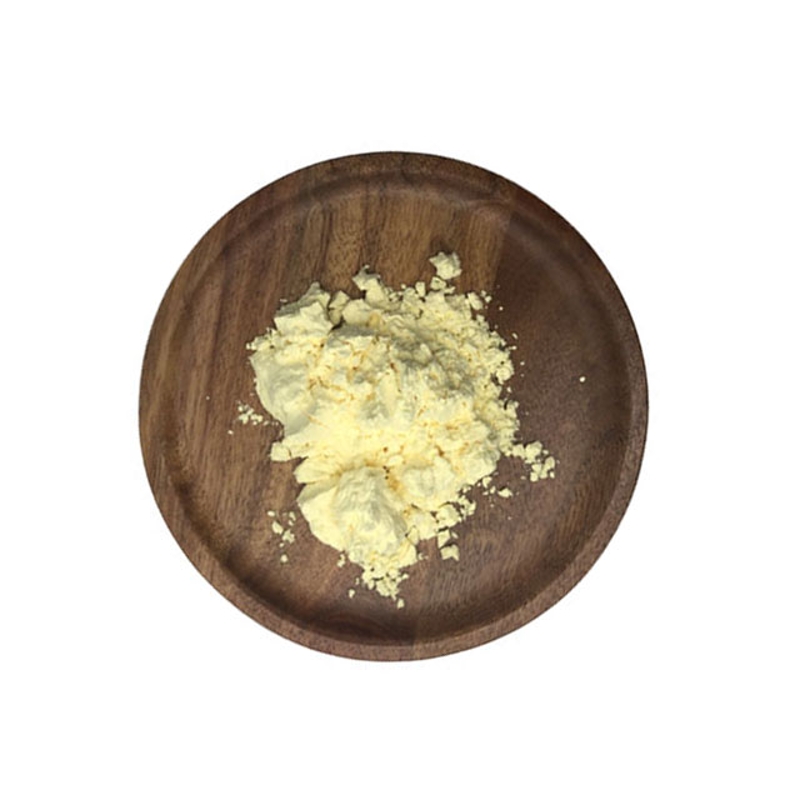NATURE: ALS-related genes regulate the system and neuroinflammation through the gut flora?
-
Last Update: 2020-05-29
-
Source: Internet
-
Author: User
Search more information of high quality chemicals, good prices and reliable suppliers, visit
www.echemi.com
Repeated expansion of the six nucleotides in C9ORF72 is the most common genetic variant associated with amyotrophic lateral sclerosis and pre-temporal lobe dementiaMutations in C9ORF72 induce the cellular pathways implicated in neurodegeneration through mechanisms of functional gain and loss of functionthis amplification can be transcribed into a long repetitive RNA that inhibits RNA binding proteins before they are translated into neurotoxic dipeptide proteins in non-classical waysThe failure of RNA polymerase identification mutations also reduces the abundance of endogenous C9ORF72 gene productsEndogenous C9ORF72 functions in the lysosome pathway and inhibits systemic and nerve inflammationit is worth noting that in families with amyotrophic lateral sclerosis or pre-temporal lobe dementia, the effects of repeated amplification are not consistent, suggesting that genetic or environmental factors alter everyone's risk of diseaseidentifying disease-related factors is significantly more transformative because it can suggest treatment strategies to reduce the risk of amyotrophic lateral sclerosis or pre-temporal palaeontal sclerosis or slow progressionrecently, researchers reported that reduced immune stimulation bacteria abundance could protect mice with c9orf72 gene mutations, reduce their premature death, and significantly improve their potential for systemic inflammation and autoimmuneconsistent with C9orf72's ability to prevent pathological inflammatory responses from the microbiome, the researchers found that in mutants mice, the use of broad-spectrum antibiotics to reduce the microbial burden, or transplanted gut microbiome from a protective environment, could alleviate inflammatory phenotypesThis is true even after its onsettherefore, the study provides further evidence that the microbial composition of our gut plays an important role in brain health and interacts in surprising ways with genetic risk factors for well-known neurological diseases
This article is an English version of an article which is originally in the Chinese language on echemi.com and is provided for information purposes only.
This website makes no representation or warranty of any kind, either expressed or implied, as to the accuracy, completeness ownership or reliability of
the article or any translations thereof. If you have any concerns or complaints relating to the article, please send an email, providing a detailed
description of the concern or complaint, to
service@echemi.com. A staff member will contact you within 5 working days. Once verified, infringing content
will be removed immediately.







